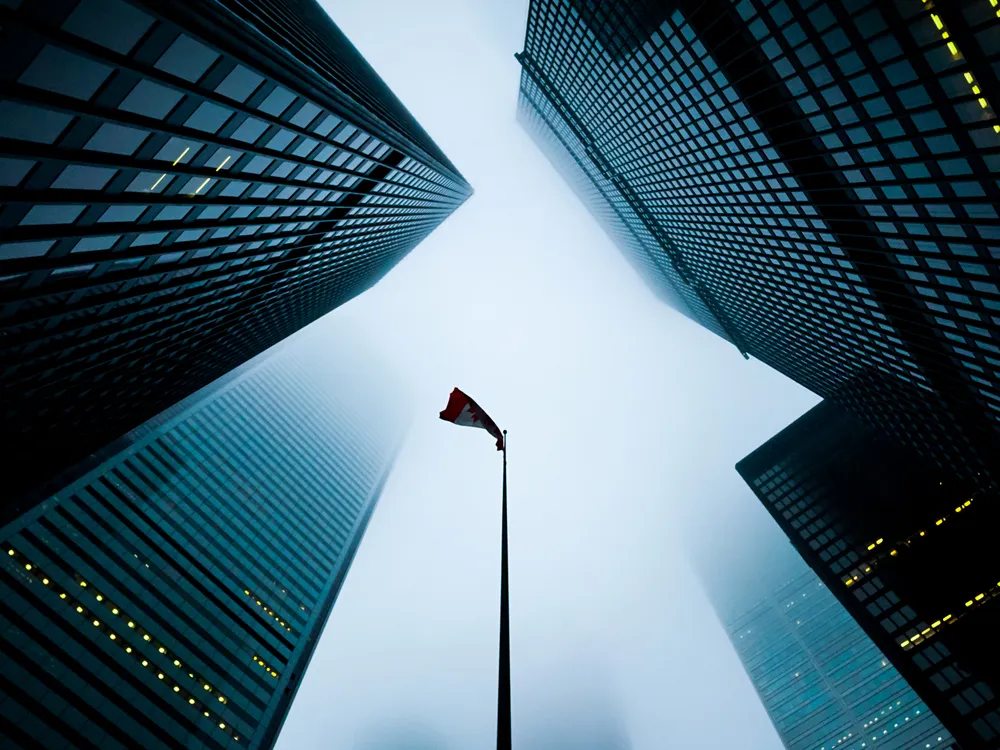
Fiction
1. ‘The Sequel’ by Jean Hanff Korelitz
When “The Sequel” starts, it has been 2½ years since star author Jacob Finch Bonner’s untimely death in Korelitz’s previous novel, “The Plot.” His widow, Anna Williams-Bonner, has been keeping busy by perfecting the role of literary widow and raking in the royalties from Jacob’s last completed novel. Anna decides to write her own novel, and a creepy Post-it note at a book signing, followed by an anonymous threatening package, alerts her to the fact that veiled accusations of plagiarism weren’t laid to rest along with Jacob. Like Patricia Highsmith’s Tom Ripley or Satan in Milton’s “Paradise Lost,” Anna is a devil who may shock and offend, but never bores.
2. ‘Entitlement’ by Rumaan Alam
Alam’s bleakly satirical, unnerving novel, a follow-up to his acclaimed “Leave the World Behind,” follows a 33-year-old Black woman named Brooke who leaves her job as a schoolteacher to work for a philanthropic billionaire. Brooke wants to do some serious good and, for a time, thinks she has entered the same world the billionaire inhabits. But when she begins to grasp that she’s merely an economy-class visitor in hostile territory, a sudden mania could be her undoing.
3. ‘Guide Me Home’ by Attica Locke
The third installment in Locke’s award-winning, best-selling Highway 59 series finds her protagonist, a Black Texas Ranger named Darren Mathews, overwhelmed by confusion after Donald Trump’s election in 2016. In a fragile emotional state, he abruptly resigns from the Rangers. Then his estranged mother appears with a story about a college student, a Black girl who disappeared from an all-White sorority. He grudgingly agrees to take on the case. Locke balances real-life politics with a compelling missing-person case and the story of a man struggling against professional and personal troubles.
4. ‘The Island’ by Antigone Kefala
A young woman named Melina struggles to make sense of her life in Australia while haunted by half-memories of her family’s life before they immigrated, in this reissue of a novel originally published in 1984. Kefala, who was largely ignored by the literary establishment before her death in 2022, writes about youthful desire and ambition with almost hallucinatory force, proving herself to be a writer worth discovering now.
5. ‘Thereafter Johnnie’ by Carolivia Herron
Herron’s myth-inflected novel, first published in 1991 and now reissued by McNally Editions, is about the deep, troubling secrets of a successful Black family in Washington, D.C. Themes that involve incest, death and apocalypse are leavened by Herron’s propulsive style. When the novel was first published 34 years ago, the New York Times said it belongs in the same company as Toni Morrison’s “Beloved” and Alice Walker’s “The Color Purple.”
6. ‘The Lack of Light’ by Nino Haratischwili, translated from German by Charlotte Collins and Ruth Martin
This epic novel by Haratischwili follows four female friends growing up together in the same apartment complex in Tbilisi, the capital of Georgia, in the years just after the collapse of the Soviet Union. “During that period, a lot of men had drug problems, went to war, had this criminal stuff going on, and didn’t survive,” Haratischwili said in a recent interview with Electric Literature. “Women had to hold everything together. A lot of them went abroad to survive. They could not afford to be depressed. … For me, it was a tribute to tell this story from a female perspective.”
History and current events
7. ‘The Talented Mrs. Mandelbaum: The Rise and Fall of an American Organized-Crime Boss’ by Margalit Fox
J.P. Morgan, Andrew Carnegie, John D. Rockefeller: These are names people think of when they talk about the Gilded Age. Marm Mandlebaum? Not so much. But Fox makes a convincing case that Mandelbaum made a significant impact in that heady era, as a pioneering entrepreneur – of stolen goods. She arrived at New York’s port in steerage in 1850 and died as a notorious millionaire and a fugitive of the law nearly 50 years later. The tale of her life is enthrallingly cinematic, and Fox captures every detail.
8. ‘The Barn: The Secret History of a Murder in Mississippi’ by Wright Thompson
Thompson’s book is not only an intimate history of the tragedy of Emmett Till, the 14-year-old Black boy from Chicago brutally murdered in the Mississippi Delta in 1955, but also a deep meditation on Mississippi and America. It revolves around an artifact hiding in plain sight: the barn where Till was beaten and killed.
9. ‘Lucky Loser: How Donald Trump Squandered His Father’s Fortune and Created the Illusion of Success’ by Russ Buettner and Susanne Craig
Buettner, Craig and other colleagues at the New York Times published a bombshell article in 2016 based on Trump’s 1995 tax returns. This book builds on that and other pieces to show in meticulously documented detail how “even when Trump appeared to be at his best, he was failing,” with massive losses on his core business. Buettner and Craig delve into all the aspects of Trump’s life to show how he was able to create the facade that he did. This is a page turner, with spectacular anecdotes.
10. ‘Keeping the Faith: God, Democracy, and the Trial That Riveted a Nation’ by Brenda Wineapple
The acclaimed historian Wineapple revisits the story of the notorious Scopes trial in 1925, which centered on the criminalization of teaching human evolution in schools. In addition to bringing the principal players, like lawyers Clarence Darrow and William Jennings Bryan, to vivid life, Wineapple outlines the enduring political conflicts at the heart of the case. This is “history at its most delicious, presented free from the musty smell of the archives where it was clearly assembled with great care,” Matthew Stewart wrote in the New York Times.
11. ‘Soldiers and Kings: Survival and Hope in the World of Human Smuggling’ by Jason De León
Anthropologist De León won the National Book Award for nonfiction in 2024 for this work of immersive reportage. He spent seven years in Mexico and Central America getting to know human smugglers and the migrants who depend on them to move across borders. “The author has an extraordinary talent for offering vignettes of these characters, teasing out their histories and inner lives, narrating their fates, then drawing smart and sweeping conclusions,” Benjamin T. Smith wrote in the Times Literary Supplement (London). “His insights into his own relations with the migrants he meets, in particular, are critical and moving.”
12. ‘That Librarian: The Fight Against Book Banning in America’ by Amanda Jones
The generic subtitle of Jones’s book fails to capture the flavor or thrust of this intensely personal and often harrowing work. In 2022, Jones opposed censorship in her local public libraries in rural Louisiana. Right-wing activists then pilloried her online, issuing false accusations and even a death threat. Jones’s fortitude in the face of such intimidation, and her subsequent work as a spokeswoman for libraries and library patrons, make for an important and engrossing story.
Creative nonfiction
13. ‘The Autobiography of H. Lan Thao Lam’ by Lana Lin
Lin’s book, longlisted for this year’s National Book Award in nonfiction, was inspired by “The Autobiography of Alice B. Toklas,” Gertrude Stein’s attempt to write from the perspective of Toklas, her life partner. Lin, an artist, filmmaker and author, writes about Lam’s adolescence in Canada and her life in Vietnam during the war, as well as the couple’s relationship. Publishers Weekly said, “Lyrical prose, palpable love, and formal audacity coalesce to make this a must-read.”



